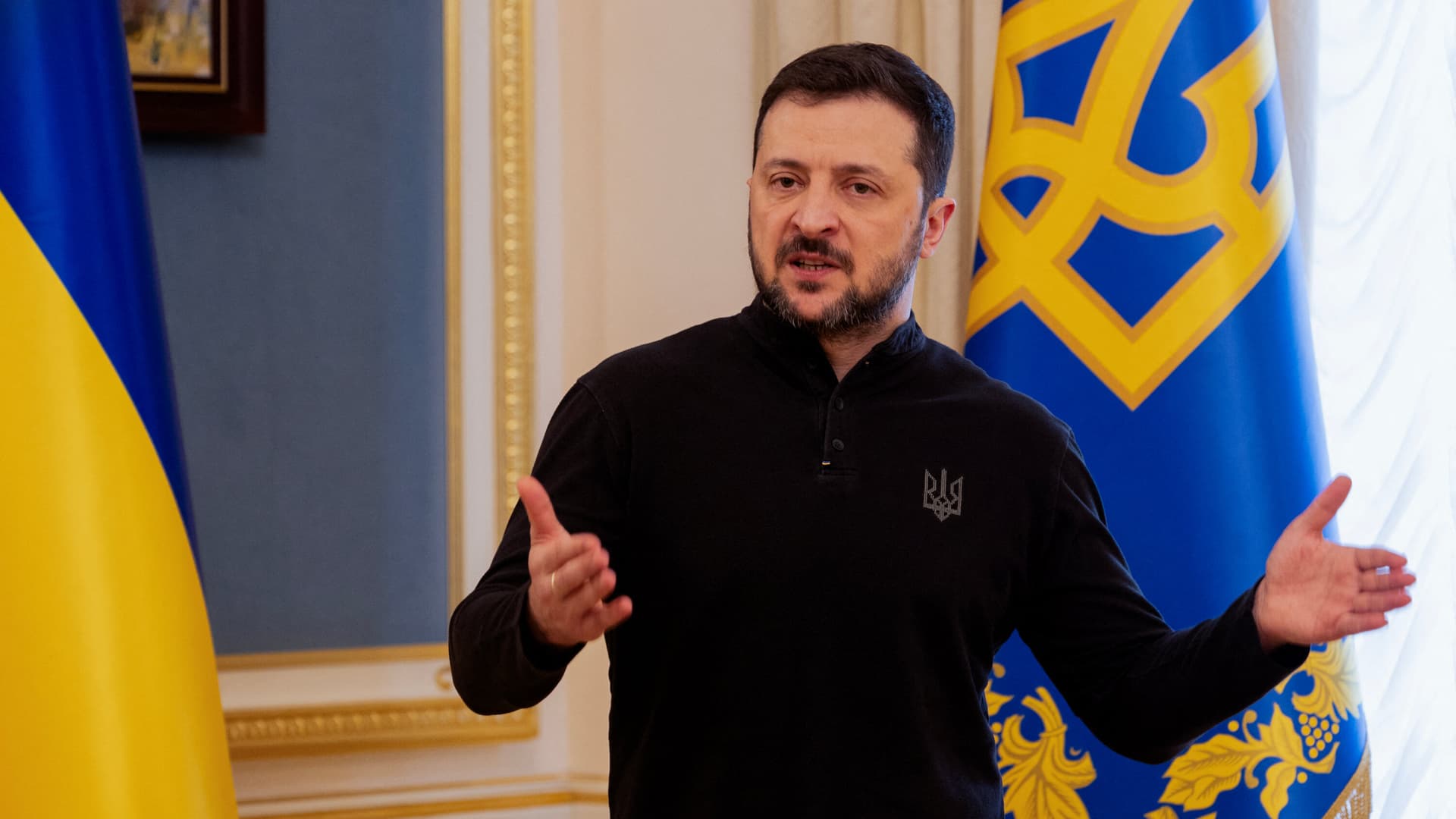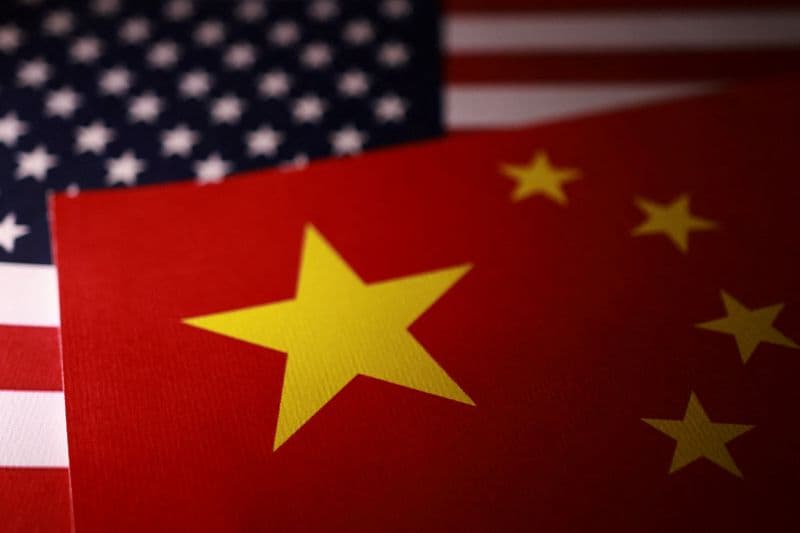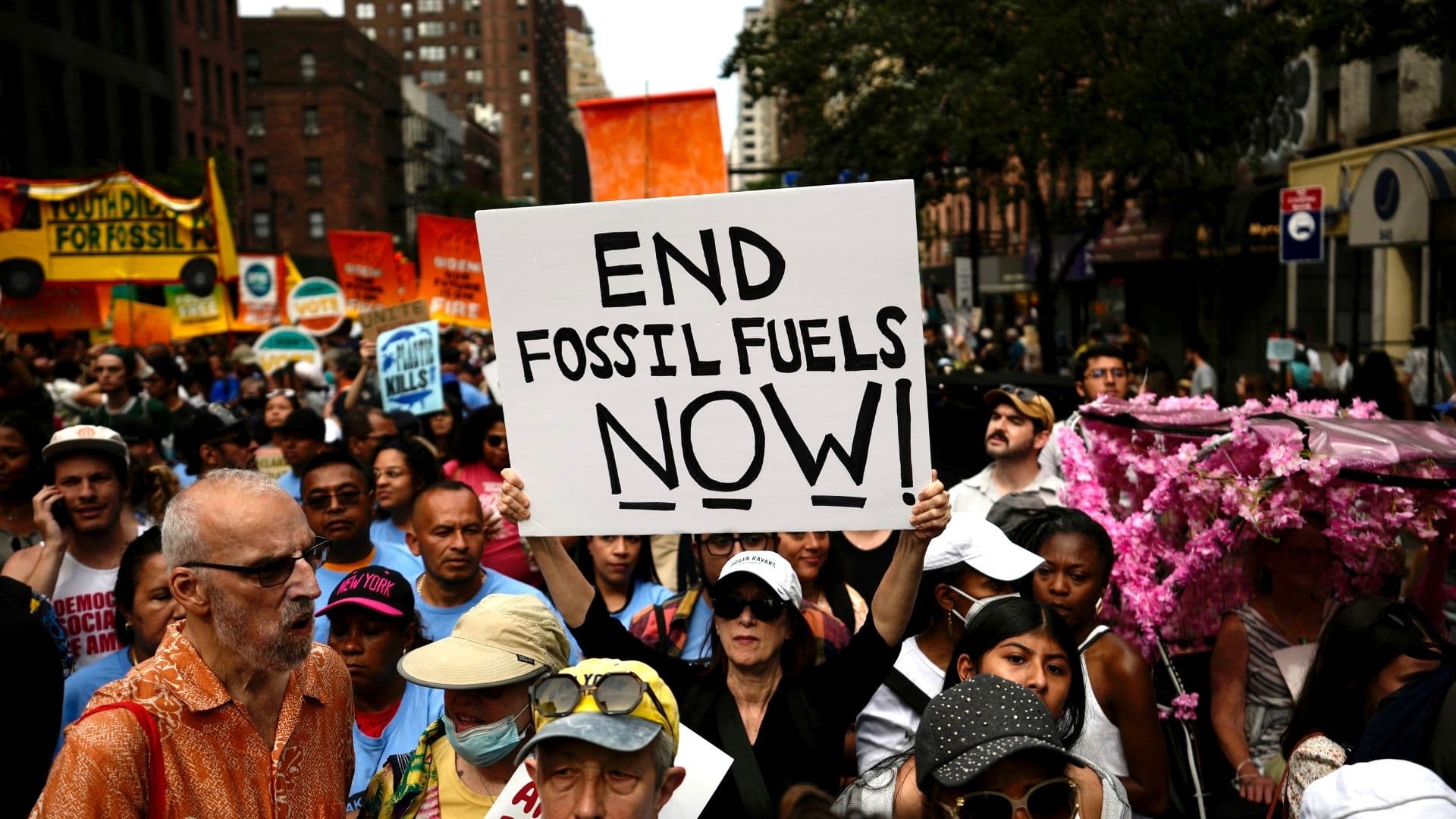Zelenskyy Faces Rising Pressure, Corruption Probe and Controversial Peace Plan
An Associated Press analysis published November 21 outlines mounting political strain on President Volodymyr Zelenskyy as a roughly $100 million corruption probe implicates senior officials and undermines public trust. At the same time, reports of a U.S. drafted peace framework that critics say would require major territorial concessions to Russia have intensified diplomatic friction and deepened domestic backlash, complicating Ukraine's survival strategy.

Kyiv woke on November 21 to intensified scrutiny of its leadership as a corruption investigation worth roughly $100 million and revelations about a U.S. drafted peace framework converged to squeeze President Volodymyr Zelenskyy from multiple directions. The twin pressures are not purely political, they strike at the economic and strategic pillars that have sustained Ukraine through nearly three years of full scale war.
The corruption probe, described in an Associated Press analysis, has implicated top officials and accelerated a decline in public confidence that had been fragile since the beginning of the conflict. For a wartime government that has relied on popular legitimacy to mobilize resources and international backing, the erosion of trust carries tangible costs. Ukraine’s wartime economy remains heavily dependent on external finance and military assistance. Any perception that aid is being misused could complicate flows of grants, loans and weapons that Western capitals package with governance conditions.
Compounding the domestic crisis are reports of a U.S. drafted peace proposal that critics say would ask Ukraine to make substantial territorial concessions to Russia. The proposal has provoked pushback from prominent Ukrainian political figures and from elements of European leadership that fear the political and moral fallout of territorial compromise. The diplomatic row raises the prospect that Kyiv could face a difficult choice between preserving unity at home and accommodating international actors who seek a negotiated end to the fighting.
The confluence of scandal and diplomacy has immediate market and fiscal implications. Investor confidence in Kyiv is sensitive to political stability, and perceptions of weakened governance can raise borrowing costs and reduce private sector engagement. Ukraine’s authorities have continued to run large fiscal deficits to sustain the military effort and humanitarian needs, and delays or reductions in external assistance would force either deeper cuts in public services or increased reliance on central bank financing, a trade off that could accelerate inflationary pressures and currency volatility.
Strategically, the scandal and the peace proposal both strain Zelenskyy’s maneuvering room. Domestically, opposition figures have leveraged the corruption allegations to demand resignations and oversight, increasing the likelihood of political reshuffling. Internationally, Kyiv must manage relations with Washington and European partners while calibrating a response to the reported framework that preserves the integrity of Ukraine’s territorial claims and the morale of its armed forces.
Longer term, the episode underscores recurring trends that have shaped Ukraine’s wartime governance. Corruption vulnerabilities have persisted despite reforms, eroding institutional capacity just as the state confronts unprecedented demands. At the same time, Western appetite for sustained high cost commitments is susceptible to domestic politics in donor countries, meaning Ukrainian leadership must demonstrate both effectiveness and political unity to sustain support.
Zelenskyy’s immediate options include accelerating anti corruption measures and greater transparency around procurement and aid, distancing his administration from implicated figures, and engaging Western partners to clarify the reported peace parameters. How he balances those choices will determine whether Ukraine can steady its economic footing and preserve international solidarity while continuing to defend its territory on the front lines.

